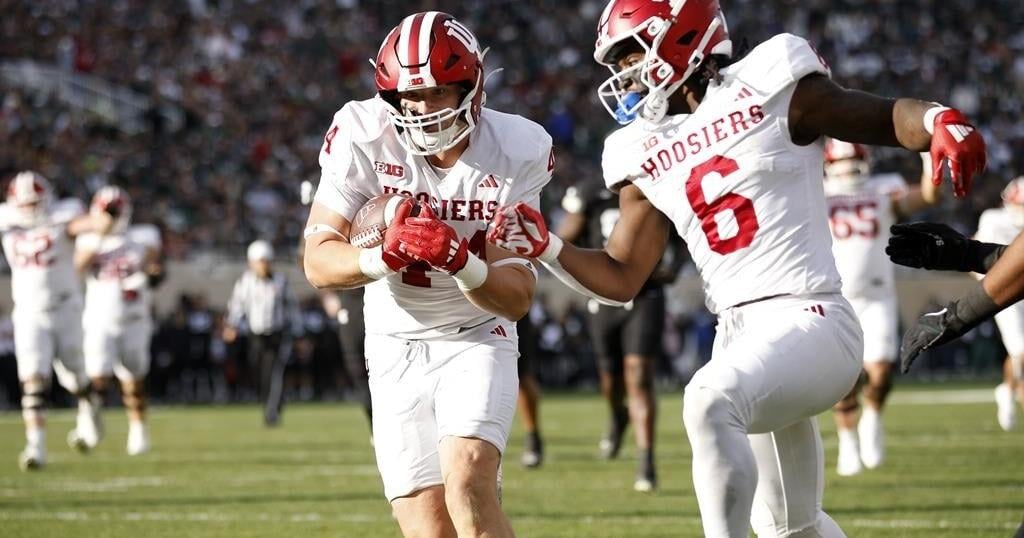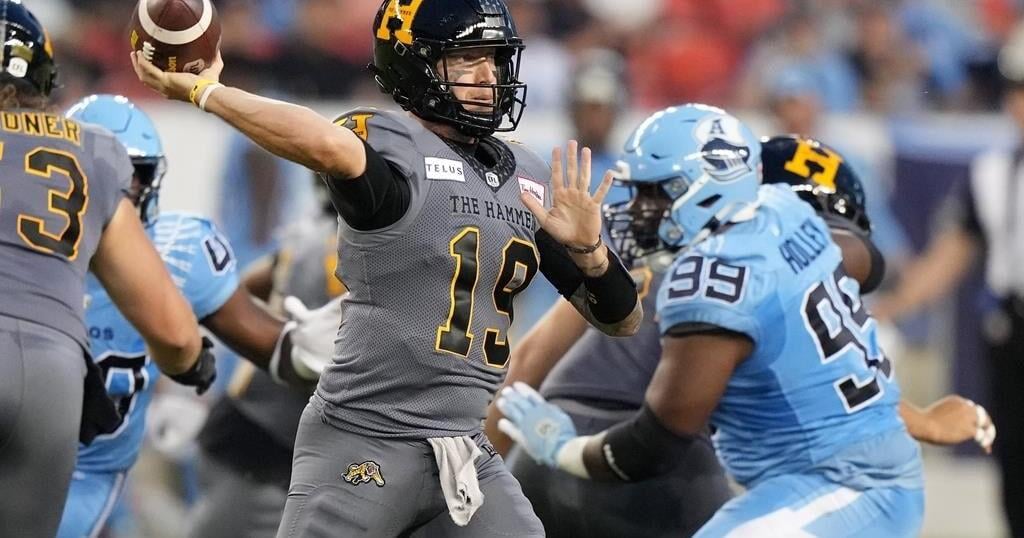The Toronto Raptors are trading Norman Powell to the Portland Trail Blazers for Gary Trent Jr. and Rodney Hood ahead of Thursday’s 3 p.m. ET trade deadline, according to ESPN’s Adrian Wojnarowski. The deal is somewhat unusual on its face. Powell and Trent are similar players, guards best known for their shooting, and Trent would seemingly make more sense for Portland given his superior defense. However, with both players headed for free agency this offseason, this deal sends a message about what each team is planning for the summer.
For Toronto, the appeal is obvious. Trent, as a former second-round pick, will have a tiny cap hold this offseason. He is going to be a restricted free agent, and the Raptors will be able to maximize their cap space by using it first and then re-signing Trent afterward. They couldn’t have done the same with Powell because he is a veteran coming off an expensive deal this offseason. The Raptors are trading him in part because he is going to be expensive this offseason. That Trent is also restricted helps as well. The Raptors will be able to match any offer for him. Hood is merely matching salary, and his contract for next season is non-guaranteed.
In theory, expense is the same reason Portland is trading Trent. The Blazers wouldn’t be giving him up if they were confident in their ability to retain him this offseason. Trent and Powell will likely go for similar amounts when the dust settles, but Portland has had Trent in the building. They know more about his situation than they do Powell’s, and likely feel that Powell is the more retainable player.
The Blazers currently sit sixth in the Western Conference. Powell gives them another explosive scorer in the backcourt alongside Damian Lillard and CJ McCollum, but with Trent gone, their defense has likely gotten worse. Now, they’ll have to rely largely on scoring to fuel their success, while Toronto gets a long-term two-way shooting guard that it should be able to retain this offseason. For that reason, they grade out quite well in this deal.
Toronto receives:
Portland receives:
Raptors trade grade: A
The only reason the Raptors are trading Powell in the first place is money. They are projected to have close to max space, but getting that space would mean wiping away cap holds on all of their own free agents. That, in essence, is why they’re likely to trade Kyle Lowry as well. They can’t retain either in free agency, so they might as well get value for them now.
Trent doesn’t come with the same limitations. Because he was a second-round pick, his cap hold in restricted free agency this offseason is a measly $2.1 million. That will allow the Raptors to keep his rights on the books at the cost of only $2.1 million while they spend their cap space on other players. They can then re-sign him afterward to a significantly higher salary. It is a very crafty bit of cap maneuvering from a Raptors front office that excels in that arena. They’ve essentially replaced Powell with a Powell-quality player that they can actually keep without sacrificing the rest of their space.
Trent doesn’t quite have Powell’s upside as a scorer, but he’s a better all-around player, and will likely pair with Fred VanVleet as Toronto’s backcourt of the future. The Raptors won a championship based in large part on the idea that everyone in their rotation should be able to both shoot and defend. In Trent, they’ve added a young guard that fits that bill, and they didn’t have to give up a single draft asset to get him. The Raptors couldn’t have asked for much better.
Trail Blazers trade grade: C+
In terms of talent, this is perhaps a small upgrade. Scorers as good as Powell almost never become available at the deadline. To certain teams, that offensive upside would be incredibly valuable. It just isn’t clear that Portland is one of them. Their offense currently ranks sixth in the NBA, but that doesn’t give it proper credit. The Blazers have achieved that ranking despite a host of injuries, and in the context of NBA history, this season has slanted so heavily towards offense around the league that their No. 6 ranking would give them the seventh most efficient offense in NBA history. Firepower was not what this team needed.
A defensive upgrade would have been nice, though. Portland ranks 29th on that end of the floor, and has struggled for years in part because of the small stature of its backcourt. Powell is only 6-4. He doesn’t help on that front, and while he’s not a defensive liability, he is a downgrade on Trent. The No. 29-ranked defense in the NBA should not be making deadline deals that hurt its defense.
The truth is that this deal was likely made in part because of intel we don’t have access to. The Blazers have a sense of what Trent was going to cost this offseason because they had him in the building. For whatever reason, they have seemingly determined that they would rather pay Powell whatever he asks for than Trent whatever he asks for. That’s a choice that would make sense to some teams. On paper, it doesn’t for Portland. Any slight improvement in talent doesn’t make up for the questionable fit here.




























